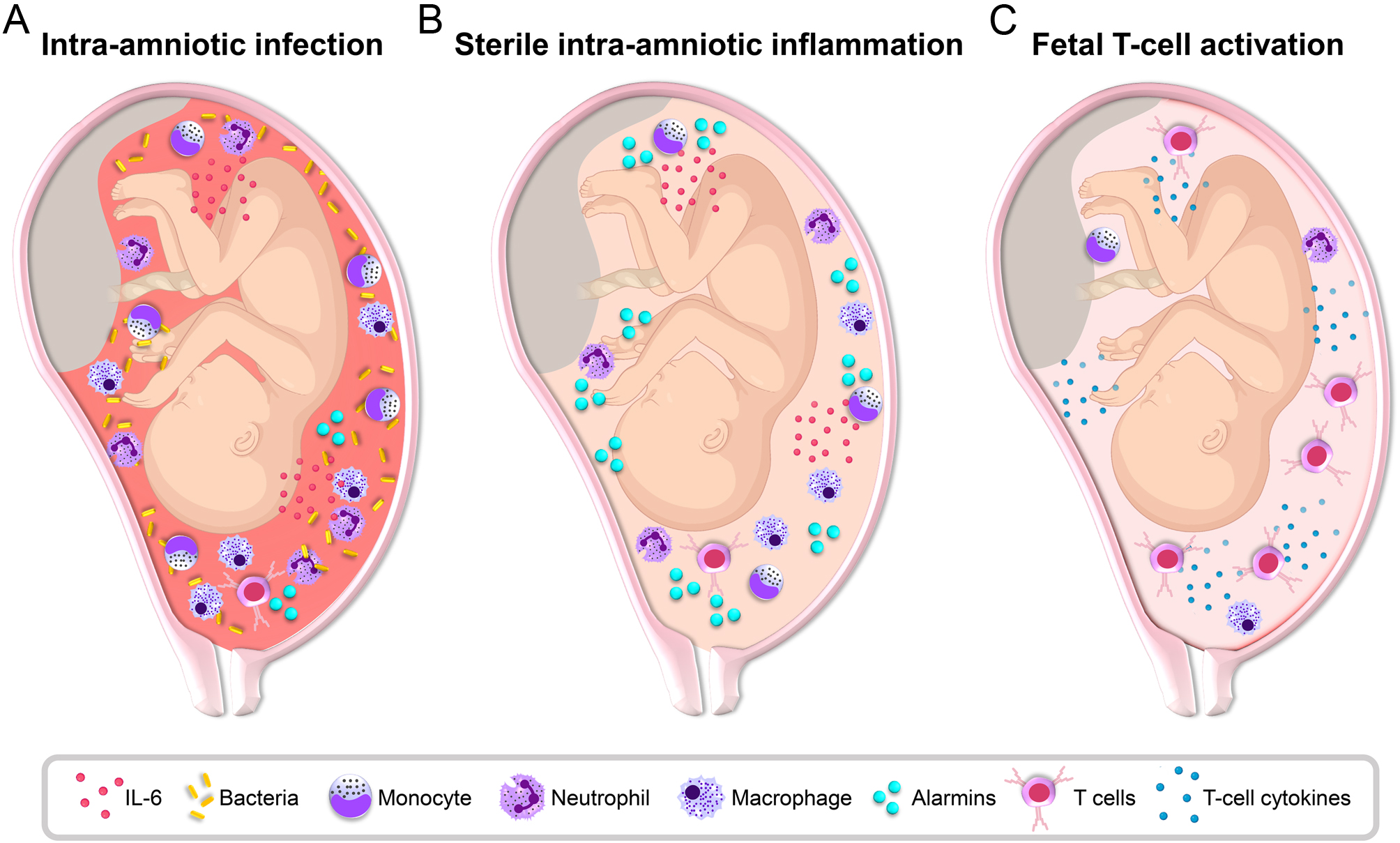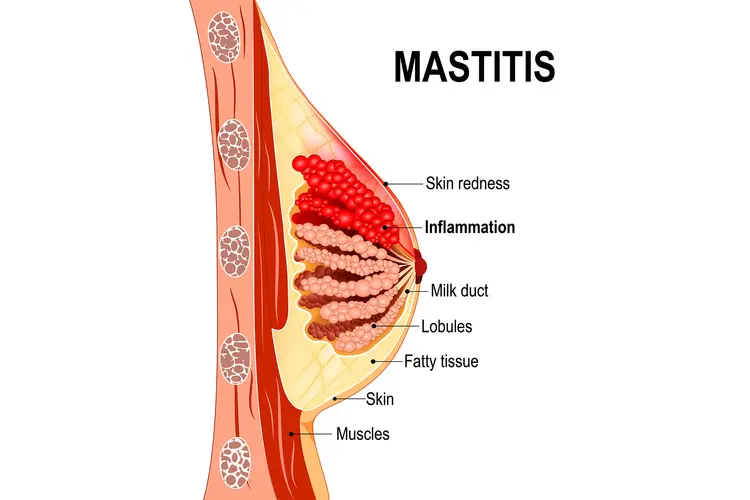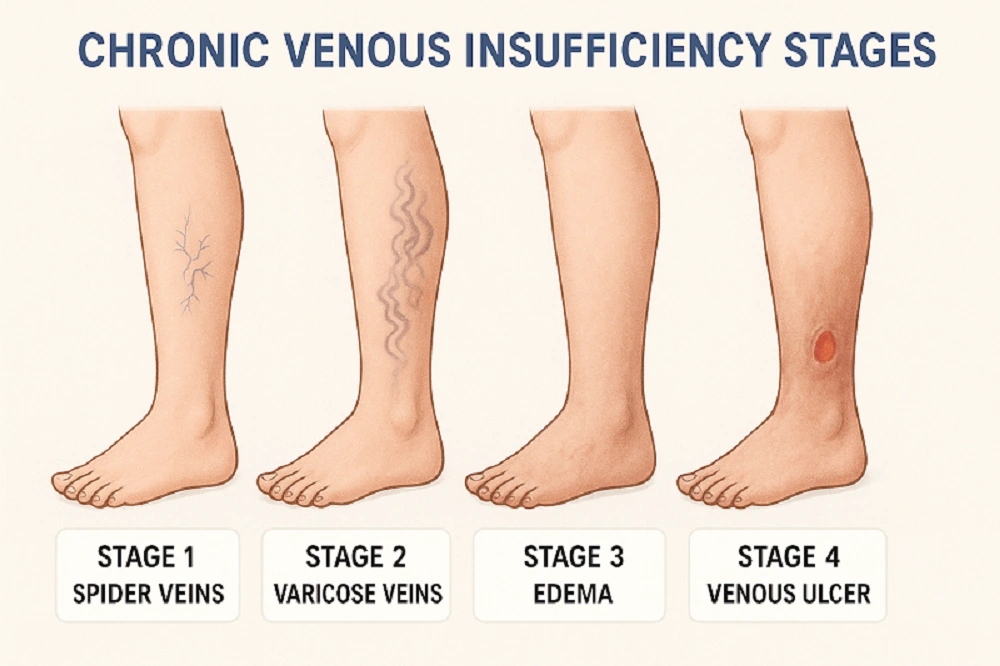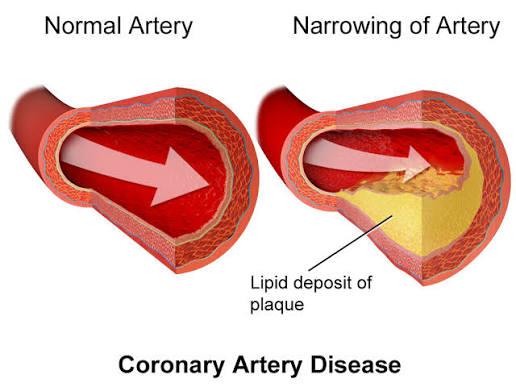
Main Medical Diseases in Pregnancy
Pregnancy is a unique physiological state that can significantly affect pre-existing medical conditions and may also introduce new health challenges. Understanding the interaction between pregnancy and various medical diseases is crucial for optimizing maternal and fetal outcomes. Below, we discuss several key medical conditions that are particularly relevant during pregnancy, including thyroid disease, cardiovascular disease, epilepsy, and others.
1. Thyroid Disease
Thyroid disorders are common in women of childbearing age and can have significant implications during pregnancy. Hypothyroidism (underactive thyroid) can lead to complications such as preeclampsia, anemia, and placental abruption if not properly managed. It is essential for women with hypothyroidism to maintain adequate thyroid hormone levels throughout pregnancy, as insufficient levels can adversely affect fetal development, particularly brain development.
Conversely, hyperthyroidism (overactive thyroid) can also pose risks during pregnancy. Untreated hyperthyroidism can lead to complications such as low birth weight, preterm birth, and heart failure in severe cases. Management typically involves antithyroid medications; however, careful monitoring is necessary to avoid potential adverse effects on both the mother and fetus.
2. Cardiovascular Disease
Cardiovascular disease is a leading cause of maternal morbidity and mortality. Conditions such as congenital heart defects, cardiomyopathy, hypertension, and arrhythmias require careful management during pregnancy. The hemodynamic changes that occur during pregnancy—such as increased blood volume and cardiac output—can exacerbate existing cardiovascular conditions.
Women with pre-existing cardiovascular disease may face increased risks of complications like heart failure or stroke during pregnancy. Close monitoring by a multidisciplinary team including obstetricians and cardiologists is essential to manage these risks effectively.
3. Epilepsy
Epilepsy affects approximately 0.5% to 1% of pregnant women. The management of epilepsy during pregnancy requires balancing seizure control with minimizing risks to the fetus from antiepileptic drugs (AEDs). Some AEDs are associated with teratogenic effects; therefore, it is crucial for women with epilepsy to consult healthcare providers before conception to optimize medication regimens.
Pregnancy itself does not generally worsen epilepsy; however, hormonal changes may influence seizure frequency in some women. Additionally, the stress of pregnancy can be a trigger for seizures in susceptible individuals.
4. Gestational Diabetes Mellitus (GDM)
GDM occurs when a woman without diabetes develops high blood sugar levels during pregnancy. It typically resolves after delivery but poses risks for both mother and child if left untreated. Women with GDM are at higher risk for developing type 2 diabetes later in life.
Management includes dietary modifications, physical activity, and sometimes insulin therapy or oral hypoglycemic agents if blood glucose levels remain elevated despite lifestyle changes. Monitoring fetal growth is also critical since GDM can lead to macrosomia (large baby), which increases the likelihood of cesarean delivery.
Hypertensive disorders of pregnancy include gestational hypertension and preeclampsia/eclampsia. These conditions can lead to serious complications such as placental insufficiency or maternal organ dysfunction if not managed appropriately. Regular prenatal visits are vital for early detection and intervention.
Women with chronic hypertension should be closely monitored throughout their pregnancies due to the increased risk of developing superimposed preeclampsia.
Effects of Pregnancy on Main Medical Disorders
Pregnancy induces numerous physiological changes that can impact existing medical conditions:
- Thyroid Disease: As mentioned earlier, thyroid hormone requirements increase during pregnancy due to the demands of the growing fetus.
- Cardiovascular Disease: Increased blood volume and cardiac output may exacerbate symptoms in women with heart disease.
- Epilepsy: Hormonal fluctuations might alter seizure patterns; thus adjustments in medication may be necessary.
- Diabetes: Insulin resistance typically increases during pregnancy due to placental hormones.
- Hypertension: Blood pressure regulation may be altered due to hormonal changes affecting vascular tone.
Effects of Major Medical Problems on Pregnancy
The presence of major medical problems can complicate pregnancies significantly:
- Thyroid Disorders: Poorly controlled thyroid disease increases risks for miscarriage and developmental issues in infants.
- Cardiovascular Disease: Women with severe heart conditions may face life-threatening complications such as heart failure or arrhythmias.
- Epilepsy: Certain medications pose risks for fetal malformations; thus careful planning around medication use is critical.
- Diabetes: Poor glycemic control increases risks for congenital anomalies and perinatal complications.
- Hypertensive Disorders: These conditions increase the risk for placental abruption and intrauterine growth restriction (IUGR).
In summary, managing these medical diseases effectively requires a collaborative approach involving obstetricians and specialists familiar with each condition’s nuances in relation to pregnancy.
Importance of a Multidisciplinary Approach in Managing Medical Disorders in Pregnancy
- Comprehensive Assessment: A team of specialists can provide a thorough evaluation of both maternal and fetal health. For example, an endocrinologist may manage diabetes while an obstetrician monitors fetal growth and development.
- Tailored Treatment Plans: Each patient’s needs are unique; thus, a multidisciplinary team can develop personalized treatment plans that consider all aspects of the patient’s health—physical, emotional, and social.
- Improved Communication: Regular communication among team members ensures that all providers are aware of the patient’s condition and treatment progress. This reduces the risk of conflicting treatments or medication errors.
- Enhanced Patient Education: Patients benefit from receiving information from multiple sources tailored to their specific conditions. This education empowers them to make informed decisions about their care.
- Better Outcomes: Studies have shown that pregnancies managed by multidisciplinary teams often result in better maternal and neonatal outcomes compared to those managed by individual practitioners alone. This includes lower rates of complications such as preterm birth or low birth weight.
- Psychosocial Support: Mental health is a critical component of prenatal care; incorporating psychologists or social workers into the team helps address anxiety or depression that may arise during pregnancy.
- Continuity of Care Postpartum: A multidisciplinary approach facilitates ongoing support after delivery for both physical recovery and any chronic conditions that may persist or emerge postpartum.
Challenges in Implementing Multidisciplinary Care
While beneficial, implementing a multidisciplinary approach also presents challenges:
- Coordination Among Providers: Effective communication systems must be established to ensure seamless collaboration.
- Resource Allocation: Access to various specialists may be limited based on geographic location or healthcare system constraints.
- Insurance Limitations: Coverage for multidisciplinary care varies widely among insurance plans which can limit access for some patients.
Despite these challenges, the advantages far outweigh the drawbacks when it comes to managing medical disorders in pregnancy effectively.






